Tin Plate Sheet
Price 84.0 INR/ Kilograms
Tin Plate Sheet Specification
- Material
- Other
- Type
- Tin plate sheet
Tin Plate Sheet Trade Information
- Minimum Order Quantity
- 100 Kilograms
- Supply Ability
- 5000 Kilograms Per Month
- Delivery Time
- 10 Days
- Main Domestic Market
- All India
About Tin Plate Sheet
A tinplate sheets refers to a continuous strip of steel thathas been coated with a thin layer of tin through a process called electroplating.Tinplate, also known as tin-plated steel or tinplate steel, is a type of steelsheet or coil that has been coated with a thin layer of tin throughelectroplating. This process involves immersing the steel substrate in a bathcontaining an electrolyte solution with dissolved tin ions, while an electriccurrent is passed through the solution. This causes the tin ions to
adhere to the surface of the steel, forming a uniform andtightly adherent layer of tin.
Here are some key characteristics and properties oftinplate:
Corrosion Resistance: Tinplate offers excellent resistanceto corrosion, making it suitable for use in environments where exposure tomoisture or corrosive substances is a concern. The tin layer acts as a barrier,protecting the underlying steel from rust and oxidation.
Solderability: Tinplate is highly solderable, meaning it canbe easily joined or soldered to other metal components. This property isparticularly important in applications where a secure bond between metal partsis required, such as in the manufacturing of cans and containers.
Formability: Tinplate steel can be easily formed and shapedusing various manufacturing processes, including bending, stamping, and deepdrawing. This makes it versatile for producing a wide range of products withcomplex shapes and designs.
Aesthetic Appeal: Tinplate has a shiny, metallic appearancethat gives it an attractive and aesthetically pleasing finish. This makes it apopular choice for packaging materials and other consumer products whereappearance is important.
Food Safety: Tinplate is widely used in the production offood and beverage cans due to its inert nature and ability to maintain thefreshness and quality of packaged goods. The tin coating ensures that thecontents are not contaminated by the steel substrate, making it safe forstoring food and beverages.
Overall, tinplate is valued for its combination of corrosionresistance, solderability, formability, and aesthetic appeal, making it anessential material in various industries, including packaging, automotive,electronics, and construction.
--------Specification---
Thickness: Tinplate is typically available in a range ofthicknesses, commonly measured in terms of gauge or millimeters (mm). Standardthicknesses for tinplate sheets or coils can range from around 0.13 mm to 0.49mm.
Tin Coating Weight: The thickness of the tin coating appliedto the steel substrate is specified in terms of tin coating weight, usuallyexpressed in grams per square meter (g/m2) or pounds per base box (lb/basebox). Typical tin coating weights range from around 1.0 g/m2 to 11.2 g/m2,depending on the intended application and level of corrosion protectionrequired.
Surface Finish: Tinplate can have different surfacefinishes, such as bright finish, stone finish, or matte finish, depending onthe manufacturing process and customer preferences. The surface finish canaffect the appearance and texture of the tinplate.
Temper: Tinplate is available in various temper conditions,which refer to the level of hardness and flexibility of the material. Commontemper designations include T1, T2, T3, T4, and T5, with T1 being the softestand most flexible and T5 being the hardest and most rigid.
Width: Tinplate coils are typically supplied in standardwidths, ranging from around 600 mm to 1,000 mm or more, depending on themanufacturer's capabilities and customer requirements.
Coil Weight: Tinplate coils are wound into coils for ease ofhandling and transportation. The weight of the coils can vary depending onfactors such as coil width, thickness, and customer specifications.
Chemical Composition: The chemical composition of the basesteel substrate used for tinplate production is important for ensuring thedesired mechanical and corrosion-resistant properties. Common elements found intinplate steel include carbon, manganese, phosphorus, sulfur, and trace amountsof other alloying elements.
These specifications are essential for ensuring thattinplate meets the requirements of its intended application, whether it be forfood packaging, beverage cans, aerosol containers, or other uses. Manufacturersand suppliers typically provide detailed technical specifications anddatasheets for their tinplate products to assist customers in selecting theappropriate material for their needs.
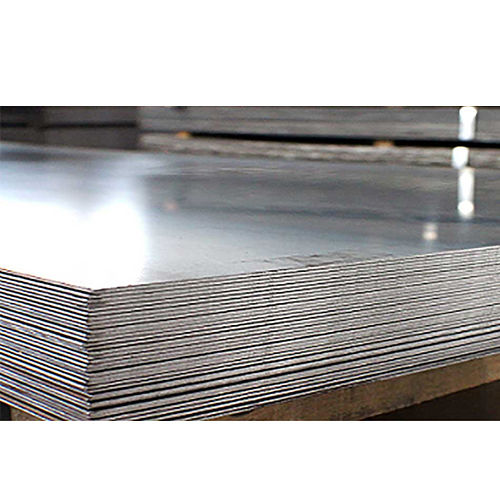

Price:
- 50
- 100
- 200
- 250
- 500
- 1000+
More Products in Tin Plate Sheet Category
Tin Plate Coil
Price 86 INR / Kilograms
Minimum Order Quantity : 5 Tons
Material : Other
Type : Tin plate
Technique : Hot Rolled
Tin Mill Black Plate Coil
Price 85 INR / Kilograms
Minimum Order Quantity : 5 Tons
Material : Galvanized Sheet
Type : Tin plate
Technique : Cold Rolled
Tin Mill Black Plate Sheet
Price 75 INR / Kilograms
Minimum Order Quantity : 10 Tons
Material : Galvanized Sheet
Type : Tin plate
Technique : Cold Rolled
ETP SHEETS
Price 84 INR / Kilograms
Minimum Order Quantity : 5 Tons
Material : Galvanized Sheet
Type : Electrolytic Tinplate

 Send Inquiry
Send Inquiry
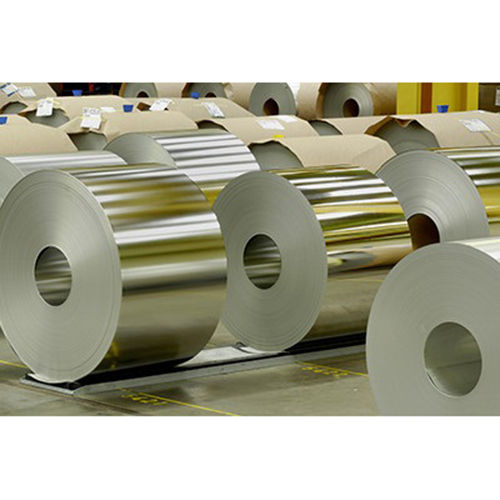
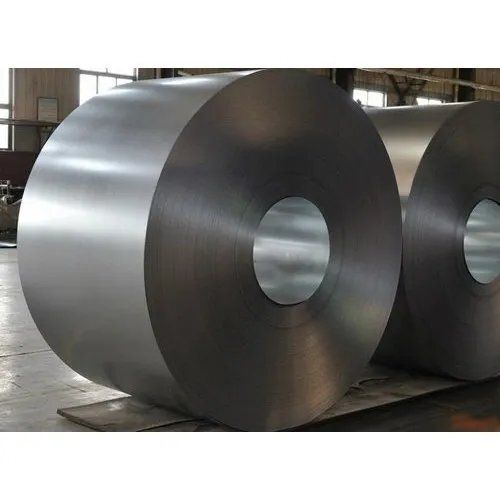
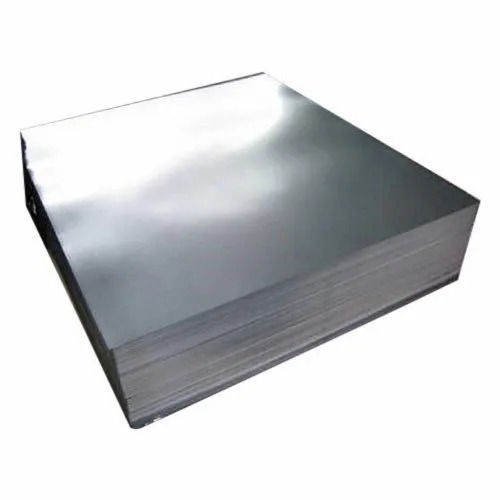
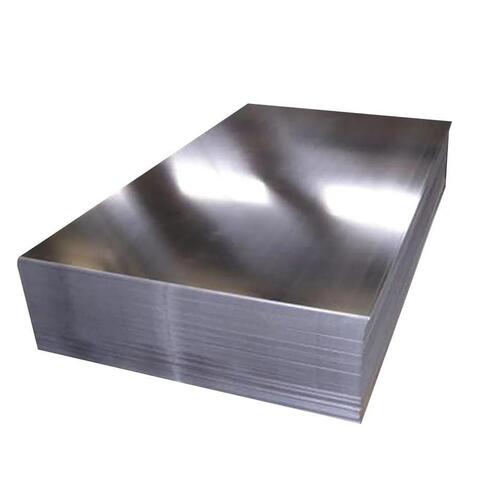



 Send Inquiry
Send Inquiry Send SMS
Send SMS Call Me Free
Call Me Free